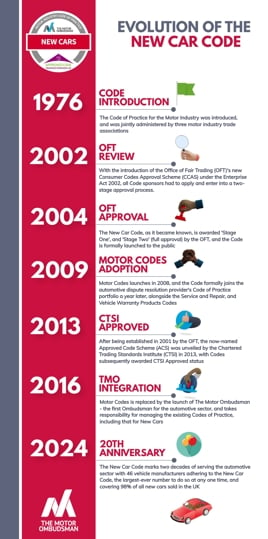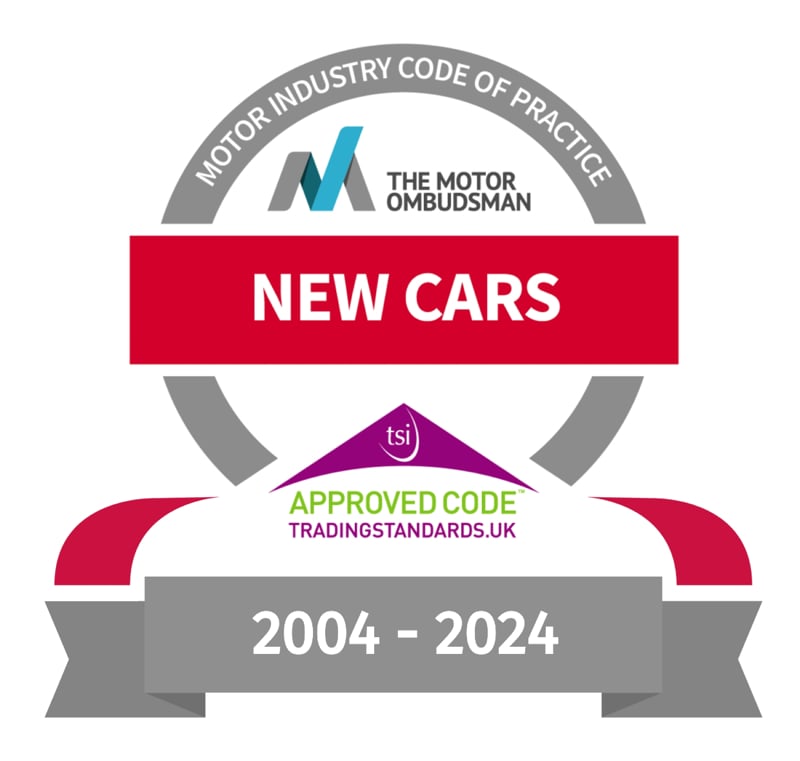[ad_1]
Two decades after gaining approval from the former Office of Fair Trading to facilitate communication between car buyers and manufacturers, The Motor Ombudsman, the automotive watchdog, is operating at an unprecedented volume.
Receiving official endorsement in September 2004 allowed the New Car Code to effectively enhance and protect the interests of motorists, offering additional safeguards for consumers purchasing new vehicles.
Since its inception, the New Car Code has established a solid framework of detailed guidelines aimed at elevating standards in the new car and warranty sectors.

Common disputes reported by motorists often involve vague warranty terms from manufacturers, issues with complaint handling, delays in the availability of parts for repairs, and advertisements that may present misleading information.
During a recent webinar, Chief Ombudsman Bill Fennell highlighted a significant increase in new car complaints. Last year, the ombudsman logged approximately 3,400 new car disputes, a figure that has escalated to around 4,000 in 2024.
“We observed a 40% rise in the volume of cases in 2023, and we are experiencing a similar trend this year,” Fennell stated, attributing this surge to consumers becoming more informed about their rights.
Factors contributing to this trend include ongoing cost of living concerns, leading consumers to seek resolutions more assertively. “Consumers are now more willing to demand full refunds or reject vehicles than they were before the pandemic. This represents a notable shift in expectations following recent market challenges,” he noted.
Fennell mentioned that 70% of new car disputes involve issues related to manufacturers’ warranties, often about paint quality, leather defects, or electronic failures.
14% of complaints pertain to how manufacturers address these problems, and 11% arise from advertising inconsistencies, particularly concerning electric vehicles.
“Much of this pertains to electric vehicles, especially regarding range. As we enter the colder months, we receive numerous complaints regarding the difference between advertised mileage and actual performance,” he explained.
The New Car Code specifies 30 commitments for businesses, which include using clear language in customer documents and marketing materials, articulating warranty terms in plain English while clearly outlining any exclusions, and ensuring spare parts availability from the launch of a new model.
Businesses also pledge to ensure that customers receive a prompt and fair response when a complaint arises.
Since its establishment in 2016, The Motor Ombudsman has received an average of about 11,800 consumer contacts annually, accepting nearly 1,200 cases each year.
Regarding this significant milestone, Fennell remarked: “Marking two decades of the New Car Code reflects our ongoing dedication to improving standards in our sector. The principles highlighted in the Code remain as vital now as they were two decades ago and play a key role in delivering exceptional service from vehicle manufacturers.”
.
[ad_2]

